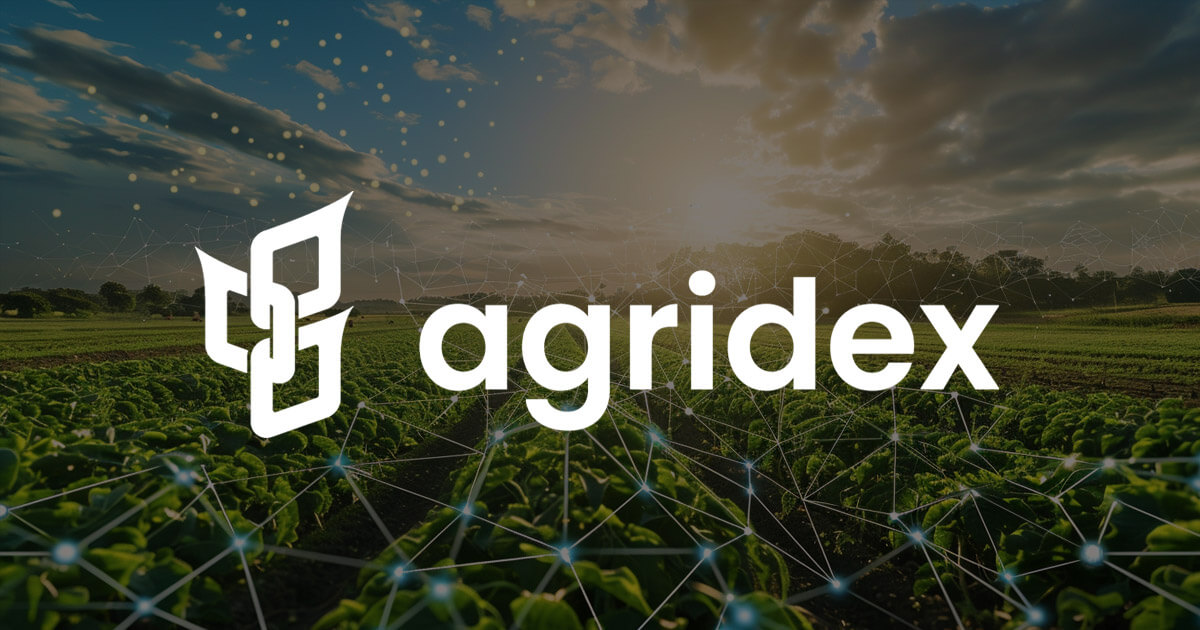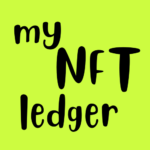By CryptoSlate

In a move that could reshape the global agricultural landscape, AgriDex is setting out to bring the $2.7 trillion agricultural industry onto the blockchain. In this exclusive CryptoSlate interview, Henry Duckworth, CEO and co-founder of AgriDex, unveils his vision for revolutionizing the way agricultural commodities are traded and tracked worldwide.
Fresh off a $5 million pre-seed funding round, AgriDex is leveraging Solana’s high-speed, low-cost blockchain to tokenize crops and streamline agricultural transactions. With promises of 10-40% cost savings per trade and near-instant settlements, AgriDex aims to tackle long-standing issues in the industry, from opaque supply chains to high remittance fees.
Duckworth’s innovative approach goes beyond mere digitization. By minting NFTs for each transaction, AgriDex creates an immutable record of crucial data points, from product origin to shipping details. This enhances transparency and aligns with stringent EU disclosure requirements, potentially opening new markets for farmers worldwide.
In this interview, Duckworth shares insights into AgriDex’s strategic choices, its unique position in the market, and the transformative potential of bringing real-world agricultural assets on-chain.
How does AgriDex plan to revolutionize the global agricultural industry through tokenization?
Let’s delve into the current state of tokenization, which predominantly targets financial assets such as treasury bonds and private credit, among various other financial applications. In 2023, the market size for global tokenized currency stands at just over $17 billion, with tokenizable RWA assets projected to be worth $26 trillion by 2030.
While these figures appear impressive, the current RWA landscape continues to lack tangible, daily utility beyond financial markets — something that can be fixed by bringing agriculture on-chain.
AgriDex, a Solana-based real-world assets (RWA) marketplace has raised $5 million in pre-seed funding, to bring the $2.7 trillion global agriculture industry on-chain. AgriDex’s platform leverages blockchain technology to tokenise agricultural commodities, facilitating the listing and buying of various crops on its marketplace. Once a deal is finalised, it’s secured by minting an NFT that records all key transaction details.
We achieve instant settlements, high throughput and low fees as it’s built on Solana. Each transaction on AgriDex is represented by minting an NFT that permanently preserves product, pricing, payment, and any other necessary details. The Layer 1’s ability to compress NFTs allows AgriDex to develop a scalable NFT-based supply chain solution and deliver cost savings of 10-40% on each transaction.
What specific crops are currently being tokenized and traded on AgriDex’s Solana-based marketplace?
We are going to initially tokenize and list agricultural commodities such as sugar, grains, and olive oil to name just a few. The platform will support more commodities in the future as we have new partners and investments.
Could you elaborate on the process of minting a non-fungible token (NFT) to secure finalized deals on AgriDex?
The process involves creating an Order NFT that contains comprehensive information for global import and export standards. This includes product information such as documentation and certification to verify product quality, quantity and origin. It also covers export details like packaging, labeling, and export requirements, along with shipping progress updates, bills of lading, and insurance certificates. Additionally, it includes import requirements for clearance and customs.
All transaction data and relevant deal information are preserved within the NFT, making it a legally binding document signed by both the buyer and seller. This document encompasses buyer and seller details, product specifications, Incoterms, payment terms, and necessary shipping, financing, and insurance documents, along with product certifications
What sets AgriDex apart in the tokenization of real-world assets compared to other platforms?
IBM Trust and several other large institutions have tried to tackle this problem. Part of their failure has been people’s lack of trust in their position as potential competitors. What sets Agridex apart is our comprehensive understanding of the agricultural industry and how to use technology to fix it. We focus on using blockchain to address real-world issues, rather than just employing it to attract attention to the project.
For instance, we’ve chosen to build our marketplace on Solana where transaction fees are typically $0.005c or less, compared to $8.90 for Ethereum and costly percentage-based (6-10%) fees for international remittance.
Furthermore, the autonomous verification of documents and data, such as origin tracking, has long posed a challenge in maintaining transparency and accountability throughout the supply chain. We are utilising blockchain technology to effectively address and resolve these issues.
We support the disclosure of most of the 1100 data points required by the EU under the 2023 Sustainable Finance Disclosure Requirements, so it makes it easier to farmer to sell their crops internationally.
Finally, only an internet connection and a wallet are required to benefit from AgriDex!
What motivated AgriDex to focus on the $2.7 trillion global agricultural industry for tokenization?
The agriculture industry, despite being valued at $2.7 trillion, is hampered by opaque and fragmented supply chains. These issues result in high transaction costs, slow settlement times, and a lack of transparency, leading to inefficiencies and potential fraud. Farmers often struggle to receive fair prices for their produce, while consumers pay more than necessary. Remittances currently take 3-7 days to process, with fees averaging 6% and sometimes reaching up to 10% per trade.
We aim to solve a real-world problem, and that’s the only way any crypto narrative will go mainstream.
In what ways does AgriDex aim to contribute to the broader adoption of tokenization in the agricultural sector and beyond?
RWAs have continued to gain popularity and were the second most profitable narrative in the crypto space during Q1 of 2024, according to a recent report by CoinGecko. Furthermore, the market cap is estimated to grow to $16 trillion by 2030 according to Boston Consulting Group, highlighting the potential impact it will bring to the global financial system.
However, tokenization primarily targets financial assets like treasury bonds and private credit, with a 2023 market size of over $17 billion and tokenizable RWA assets projected to reach $26 trillion by 2030, as I mentioned. Despite these impressive figures, the RWA landscape lacks daily utility beyond financial markets, a gap that can be addressed by integrating agriculture into the blockchain ecosystem.
Connect with Henry Duckworth
Discover more from myNFTledger.com
Subscribe to get the latest posts sent to your email.

